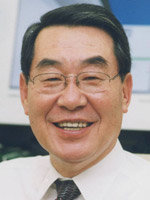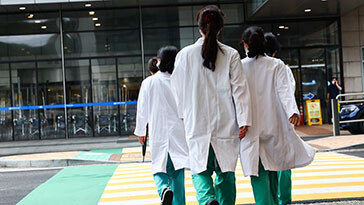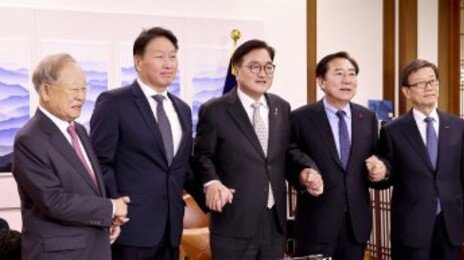
Korea is often viewed as a bastion of ethno-centric nationalism in Northeast Asia, but one of the hottest topics animating society today is multiculturalism.
Some 1 million foreign workers from 124 countries and nearly 150,000 married immigrants, largely from East and Southeast Asian nations, have arrived in Korea - mostly since the late 1990s. Society was unprepared for this trend. Family squabbles, divorce, and spousal abuse have taken place, often originating in cross-cultural misunderstandings and mismatches by international marriage brokers.
Many have put mistreatment of foreigners down to xenophobic sentiments based upon so-called “pure blood.” Whence this notion? Historically, it is a by-product of Mongol invasions in the 13th century, Japanese depredations in the 16th century and Western pressure in the 19th century. Its modern face originates in a histor-iography that promoted ethnic nationalism as a form of resistance to Japanese colonial rule from 1910-1945.
Yet Koreans have not always discriminated on the basis of ethnic origin. International marriage has a long history here: In the Gaya (A.D. 42-562), Goryeo (918-1392) and even late Joseon (1392-1910) dynasties,Korean royals married foreigners.
Korean society at various levels is making efforts to create a hos-pitable atmosphere. In the early 2000s, moves to help immigrants adjust focused on the teaching of Korean language and culture. Recent efforts have focused on cross-cultural understanding.
Due to the limited reach of traditional educational methods - married immigrants are dispersed nationwide - Korea Digital University has introduced an Internet educ-ational program for married imm-igrants, free from constraints of time and space. The program has so far been accessed by over 35,000 students; many family members of foreign brides are also taking online courses in the language and culture of their new relatives.
Despite the lack of any formal strategy being set prior to the arrival of large numbers of foreign workers and spouses, there is every indication that native Koreans are learning to live with immi-grants. Thus, millenial Korea is not newly developing into a multicul-tural nation, but is returning to the tolerant society it was in days of yore.
Kim Choong-soon President, Korea Digital University
-
- 좋아요
- 0개
-
- 슬퍼요
- 0개
-
- 화나요
- 0개


